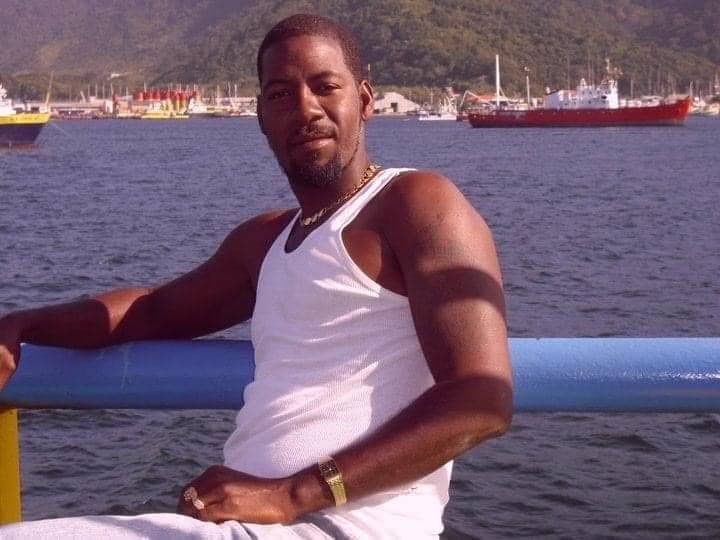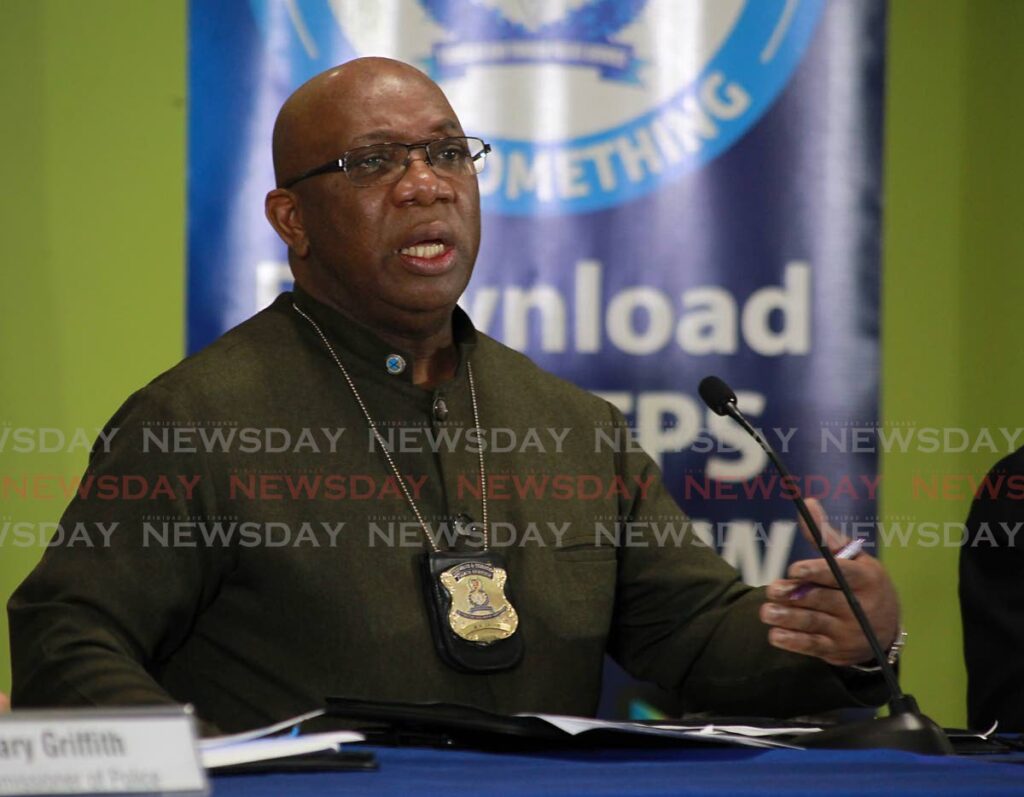Acting CoP urges male victims of domestic violence to seek police help

Victims of domestic violence, both men and women are being encouraged to seek help from the police, even if they don't want the offender charged with a criminal offence, says acting Commissioner of Police McDonald Jacob.
Jacob was asked to comment on the issue in light of the recent incident where a man was doused with a flammable liquid and set alight by a woman. He said while he could not comment on the particular case which was under investigation, he encouraged people to alert the police in instances of domestic violence.
Last Thursday, Foster Darren Salvary, died from burn injuries after being set on fire on March 11 after an argument with a woman at his Las Cuevas home. The suspect had been detained but later released and police intend to bring her back in for questioning.
Generally speaking, Jacob said the police was trying to get people to move away from the “long-time mantra of seeing something, feeling something and saying nothing.”
Instead, he would like them to say something so the police would be able to help.
“We have set up our special Victims and Witness Support department for that purpose, so persons can come forward. We are not only looking at charging persons and putting persons before the court when incidents happen, but assisting in providing the psychosocial support for individuals.”
He said for male victims, the abuse was mostly mental and emotional with less physical abuse. The unit takes the reports and makes referrals.
“There are some NGOs who are working with men and encouraging them to come forward when they are in those situations. We know the traditional thing that exists where men themselves will resist doing so but both our Victims and Gender departments (Gender-Based Violence Unit) have been going out in the various communities encouraging both male and females to come forward.”
He admitted there were some dated, negative attitudes by some police officers when it came to domestic violence abuse reported by men. As such, civilian social workers who work with the police service as well as Victims and Witness Support officers, who were social workers, and psychologists, run programmes within the police service to sensitise the officers on the matter.
“So that old traditional taboo, we’re trying to remove it by the training and development of our officers. There is also a special programme at the Police Academy to train the officers to that aspect of it. So I believe gradually we will change that behaviour.”
He added that the Police Service also intended to train special reserve officers to record domestic violence reports from men.
Also to be taken into consideration, he said, was the cycle of violence.

He said in 1985, the law introduced a “diminished responsibility” defence for victims of domestic violence. If someone is abused for some time, they could reach a mental space where they could take an action that could cause the death of someone. This defence could reduce the charge of murder to manslaughter.
“Our Domestic Violence Act is actually predicated on such laws and caters to that aspect. That is the reason why, when reports are made, we have to keep a domestic violence registry which will show all the various reports someone has made over a period of time. If something happens, the records can be presented in relation to what was taking place.”
He said there was an average of 50 to 60 homicides directly related to domestic violence every year, although, thanks to the work of the Victims and Witness Support Unit, that number decreased to 40 last year. There were also approximately 130 homicides a year from altercations arising from domestic issues.
For example, a woman is violated so her brother, who does not live in the same home, intervenes and kills the husband or boyfriend.
Domestic issues also include land disputes such as adverse possession, easement, and fight over boundaries.
Jacob said one of the reasons why 16 lawyers volunteer at the Community Justice Clinic – a partnership with community police to provide free legal advice to various underserved communities throughout the country – was aimed at educating people who are using violence to resolve matters which end in loss of life.
To that end, first responders are being trained so they could advise people properly when they respond to trouble calls.
There is also the Conflict Resolution Centre in St Joseph which, he said, was overwhelmed with work. He called on members of the community with skills to help organise similar centres in various communities where people could go for help in dealing with conflicts instead of reacting with a gun – which often happened because many people have access to illegal firearms.
He also called on priests, pastors, imams, pundits and other religious leaders who are trained in family ministry to get involved, and advised those who were not trained to refer those who need help to professionals.
“What we find happening in some instances, is some of these same persons are not giving the kind of support and advice that should be given in domestic violence situations. We are asking them to refer these people to those they know are in family ministry, those who are properly trained, who can counsel and guide them accordingly and encourage them to go. In this instance, we have too many bush counsellors who give bad advice and support to people.”


Comments
"Acting CoP urges male victims of domestic violence to seek police help"